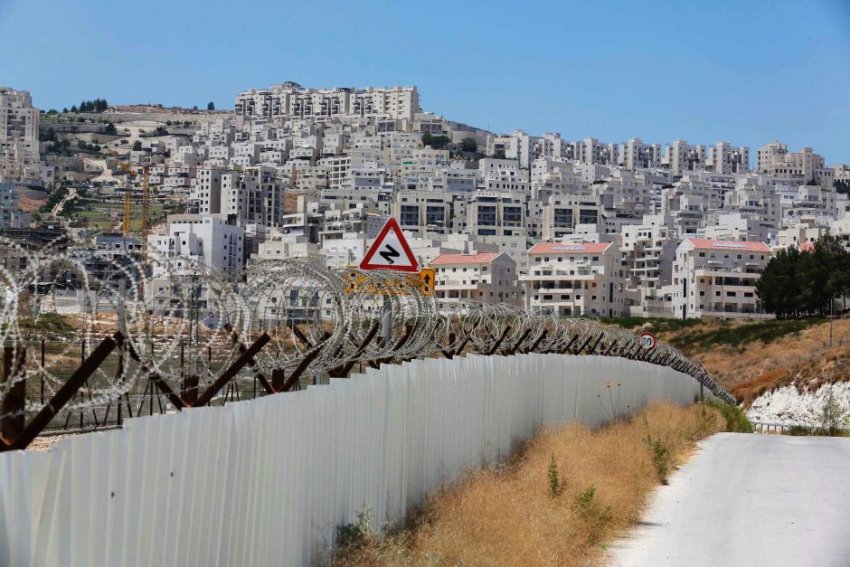
Israel’s fight against the global boycott, divestments and sanctions campaign (BDS) has taken another turn with its attempt to prevent the publication of a database of companies operating in its illegal West Bank settlements.
Israel normally responds to United Nations resolutions and publications by studiously ignoring them. However, the database, or “blacklist” as it has been referred to, has struck a different chord.
Israeli UN ambassador Danny Danon has foreshadowed unprecedented efforts to kill the blacklist – though he has not specified what form these efforts might take.
Thanks to pressure from Israel and the United States, the Office of the High Commissioner for Human Rights (OHCHR) faces a real battle to get the database released, after promising it would be made public in December.
The database could become one more tool with which to monitor human rights abuses in the Occupied Palestinian Territories. The database could allow international bodies to work out what the impact of businesses operating in the illegal settlements has been on Palestinians.
In response, businesses have objected to what they claim is the conflation of “legitimate” business operations and concerns with human rights abuses. Israel fears the impact the database could have on its reputation as a supposed country of peace and a safe place to do business.
The Guardian recently reported that 150 companies have received letters informing them of their inclusion on the database. The letters are designed to prompt companies to explain the nature of their operations.
Israeli telecoms giant Bezeq has lambasted its inclusion on the list and accused the OHCHR of extreme bias against Israel, although a Bezeq spokesperson later withdrew the remarks.
The Israeli government has cautioned firms against making any statements about the blacklist.
The infrastructure of occupation that springs up when Israeli settlers stake a claim in the West Bank is extremely valuable to the Israeli economy.
Companies dealing in banking, transport, construction, IT, telecommunications, supermarkets and internet services inevitably arrive shortly after the Israeli army has secured the temporary accommodations settlers initially put up.
These business dealings are carried out with Israel seeking to turn a profit in return for all the effort and expense it puts in protecting its settlers.
While there have been a number of recent BDS-related successes with international pension funds and other bodies divesting themselves of interests in businesses that operate in the settlements, the list of BDS successes could grow if Israeli fears about the impact of the blacklist are realised.
Like the article? Subscribe to Green Left now! You can also like us on Facebook and follow us on Twitter.